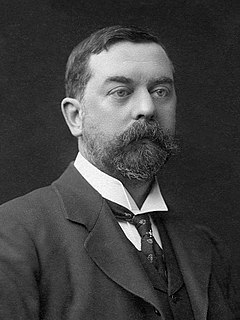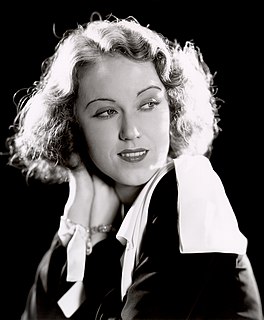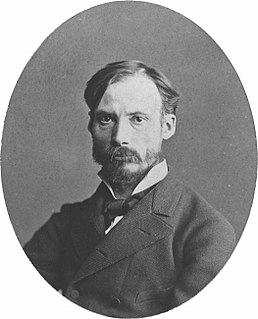A Quote by William Baziotes
I consider my painting finished when my eyes goes to a particular spot on the canvas. But if I put the picture away about thirty feet on the wall and the movements keep returning to me and the eye seems to be responding to something living, then it is finished.
Related Quotes
Finished, it's finished, nearly finished, it must be nearly finished. Grain upon grain, one by one, and one day, suddenly, there's a heap, a little heap, the impossible heap. I can't be punished any more. I'll go now to my kitchen, ten feet by ten feet by ten feet, and wait for him to whistle me. Nice dimensions, nice proportions, I'll lean on the table, and look at the wall, and wait for him to whistle me.
I have always been jealous of artists. The smell of the studio, the names of the various tools, the look of a half-finished canvas all shout of creation. What do writers have in comparison? Only the flat paper, the clacketing of the typewriter or the scrape of a pen across a yellow page. And then, when the finished piece is presented, there is a small wonder on one hand, a manuscript smudged with erasures or crossed out lines on the other. The impact of the painting is immediate, the manuscript must unfold slowly through time.
Say anything you want against The Seventh Seal. My fear of death - this infantile fixation of mine - was, at that moment, overwhelming. I felt myself in contact with death day and night, and my fear was tremendous. When I finished the picture, my fear went away. I have the feeling simply of having painted a canvas in an enormous hurry - with enormous pretension but without any arrogance. I said, 'Here is a painting; take it, please.'








































